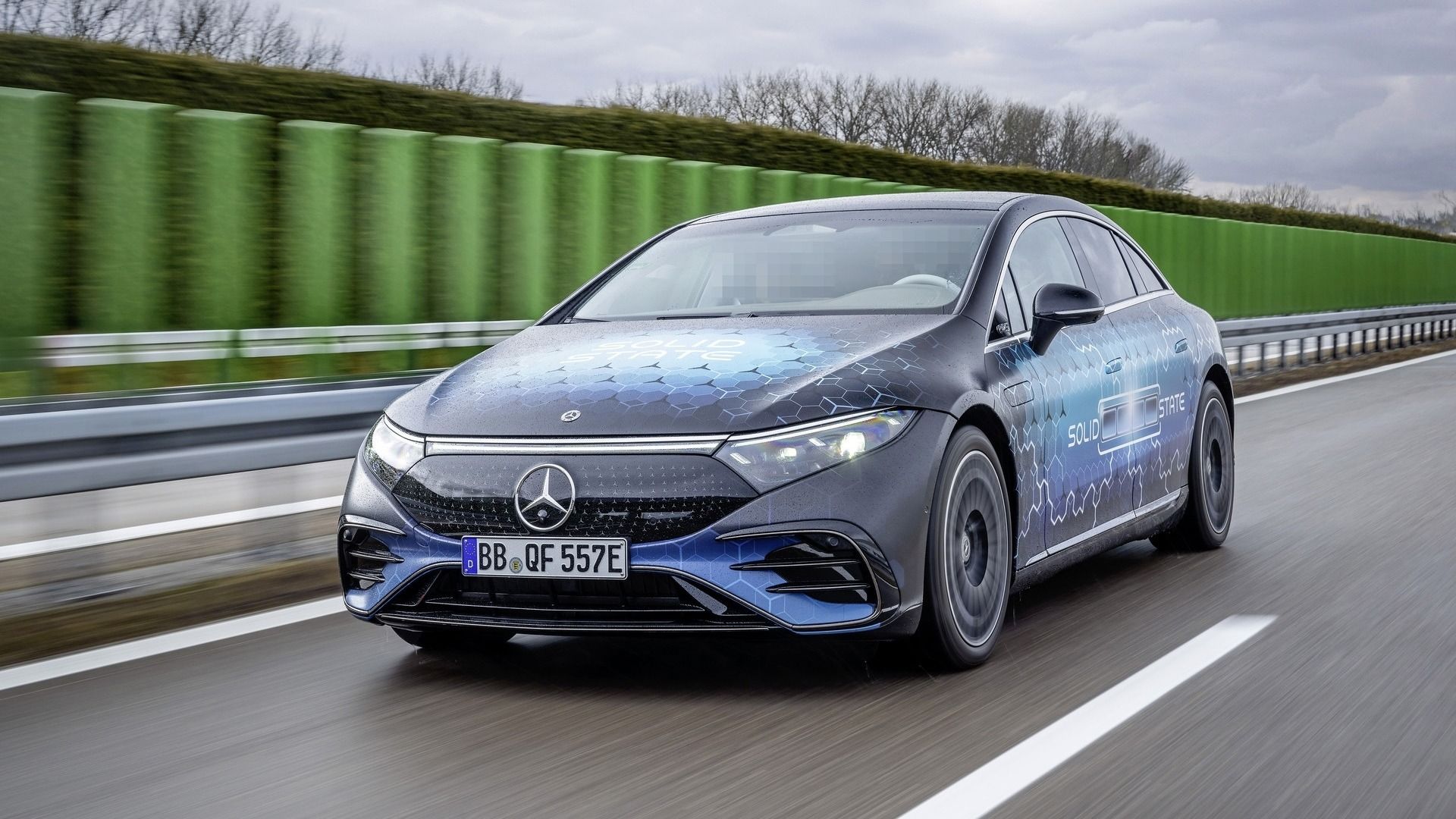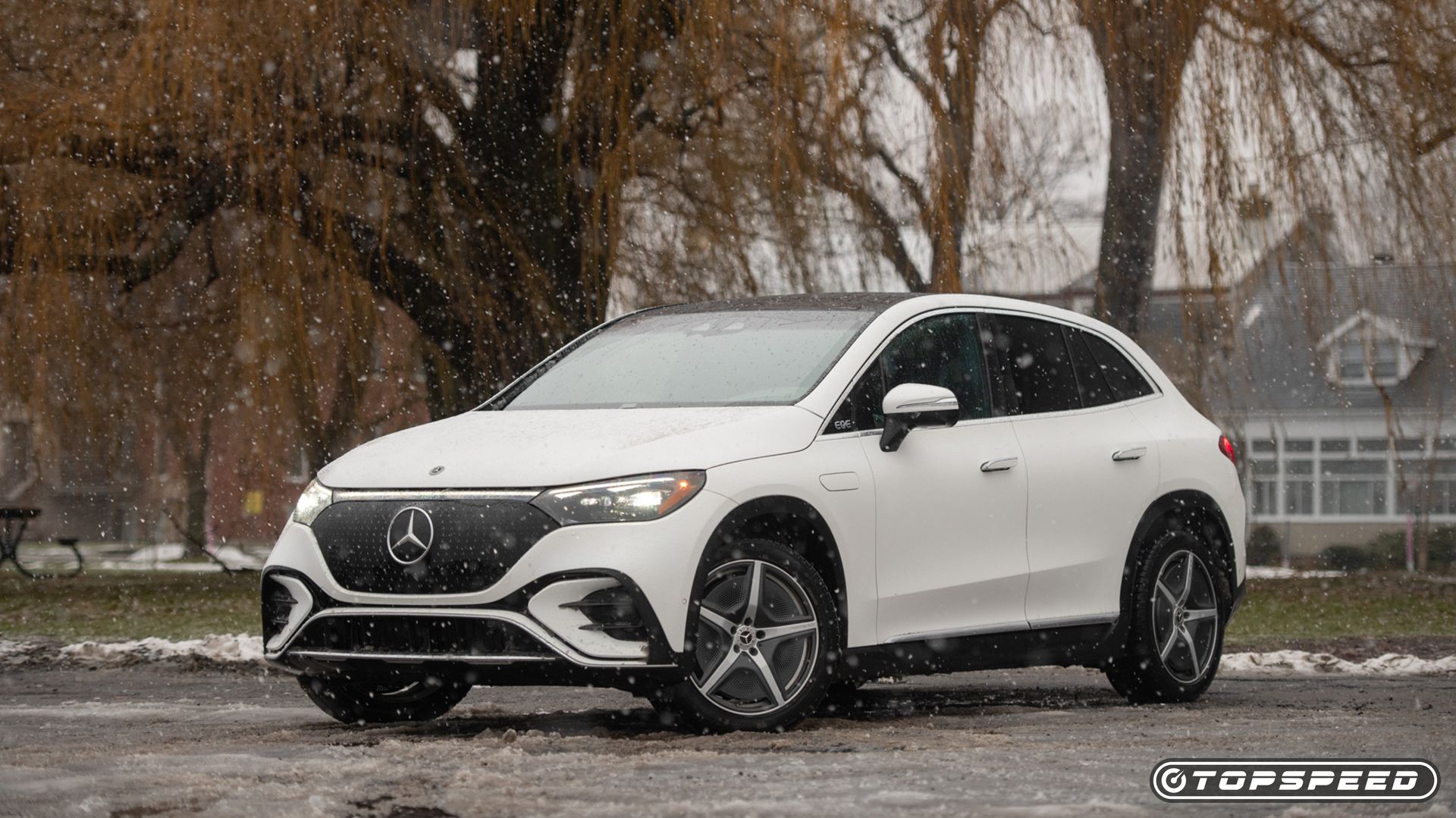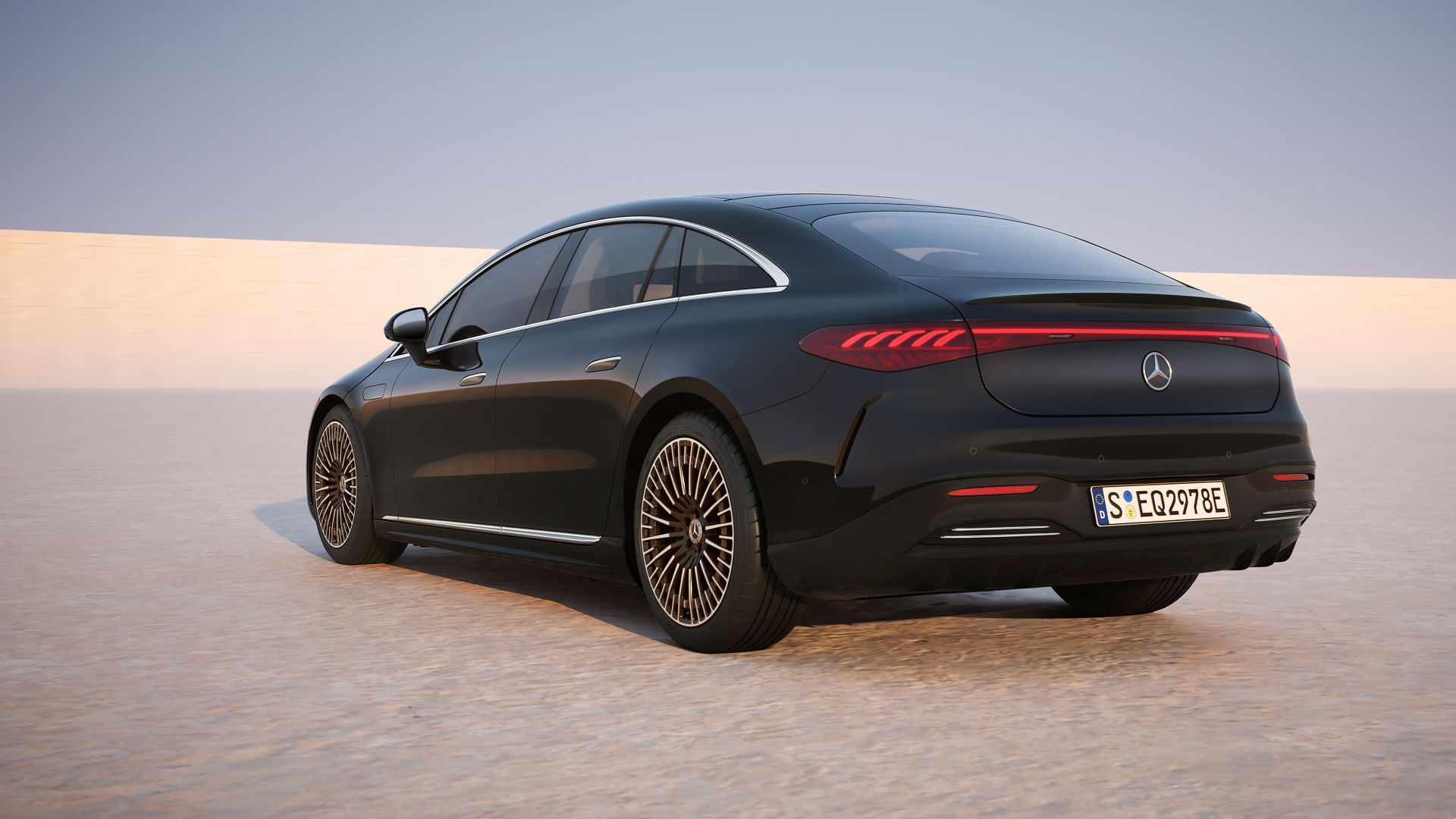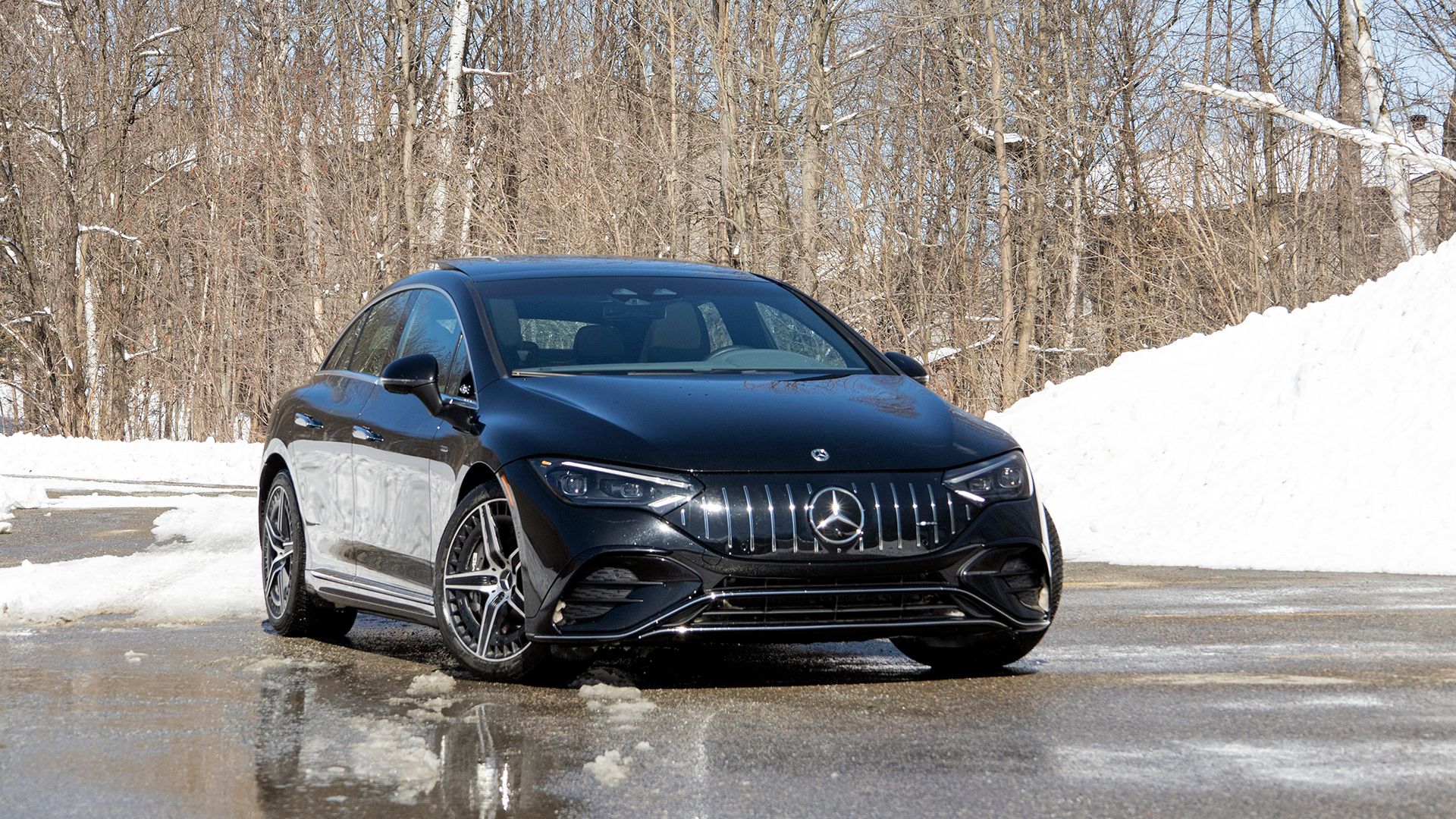While some legacy automakers, like Hyundai and General Motors, have seen profitable gains through the introduction of new platforms engineered and designed specifically for electric vehicles (EVs), others, like Mercedes-Benz, are finding out the hard way that perhaps this was not the best business solution. As the German giant tries to realign its operations to become leaner and more profitable, it has also announced that, moving forward, its EVs will no longer ride on dedicated platforms, but rather come off the same assembly line as their internal combustion engine (ICE) siblings.


Related
Mercedes’s Revolutionary 600-Mile Solid-State EV Prototype Is Officially On The Road
Mercedes revealed that it is road-testing its 621-mile solid-state battery EV prototype based on the EQS sedan.
Mercedes Is Learning From BMW’s EV Success
Mercedes confirmed to Automotive News on February 21st that its EVs will no longer uniquely wear the EQ nomenclature, nor will they be bespoke models riding on different architectures. The upcoming entry-level CLA sedan, scheduled to be revealed this Spring, will kickstart this new direction as the car will be offered with the choice of gasoline, hybrid, and fully electric propulsion.
In other words, while previous Mercedes electric versions of ICE models would replace their nomenclature with EQ – the EQB and GLB being perfect examples – the EV version will now wear the same nomenclature as its ICE equivalent, except powered by what Mercedes will call EQ technology.
The decision comes after a series of hard hits for Mercedes’ EV portfolio, notably rapidly dropping sales in 2024. For reference, Mercedes sold 12,391 EQEs in Europe last year. That’s a 21-percent drop from 2023. The E-Class, on the other hand, sold 45,772 examples, a 32-percent increase from the previous year. Furthermore, Mercedes’ profits have been bleeding from its EV production, while strong criticism from loyal Mercedes owners and even dealerships around the entire EQ lineup have motivated the automaker to review its EV strategy.
Without outwardly admitting it, Mercedes is basically taking cues out of the BMW EV playbook. The Bavarian opposition learned early on from the failure of its iX dedicated EV that it’s much more lucrative and profitable to build EVs on the same assembly line and platform as their ICE counterparts. This is why all of BMW’s current EVs, with the iX being the only exception, all ride on the carmaker’s CLAR multi-energy platform. This has allowed BMW to easily adapt to rapidly changing trends. If EV demand slows down, the automaker can focus production on more profitable ICE models instead.
Mercedes EVs Will Take A Back Seat To ICEs
What will happen with Mercedes’ current portfolio of EQ-line electric vehicles? As a reminder, the German automaker pumped in a lot of resources in recent years to release an entirely new range of luxury EVs, some of them even offering high-performance AMG variants. There’s the EQS full-size sedan, the EQE midsize sedan, as well as SUV versions of both models, to say nothing of the EQB, as well as electrified versions of the G-Class and Sprinter cargo vans.
For now, Mercedes says it’s too early to announce anything about the fate of these models, but did confirm that EVs that have the same body style as their ICE equivalent, like the EQB, will soon be rebranded to their conventional ICE nomenclatures. Mercedes, however, did not confirm when the change would happen.
The general assumption for the EQS and EQE sedans and SUVs is that they will continue selling alongside their ICE counterparts until a new generation of the ICE version is scheduled. This could mean that the EQS will disappear when the next-generation S-Class is announced.
Mercedes made bold announcements in recent weeks, confirming that it will completely rethink its EV roadmap in upcoming years, with more emphasis on ICEs. No fewer than 36 new models are expected by 2027, but out of that number, 19 of them will be ICE, while only 17 will be EVs. Some of those models will also be AMG performance versions, as well as mid-cycle updates.


